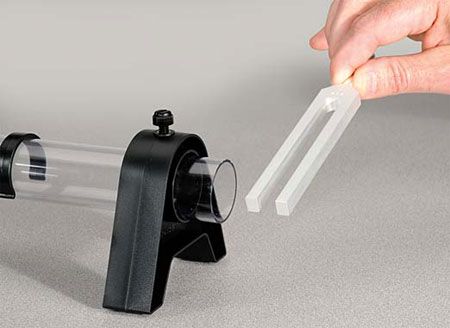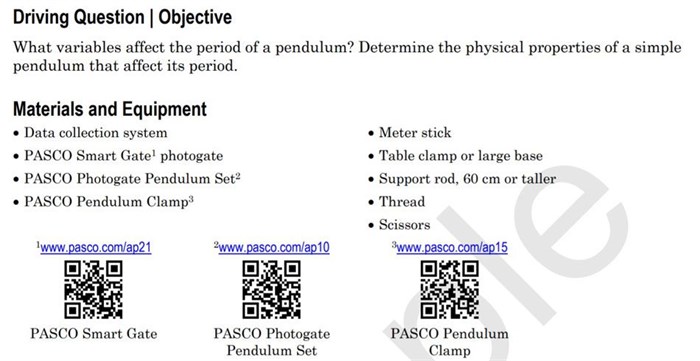My big idea for South African science education
1. NSC and IEB

Most people are familiar with this – the first (National Senior Certificate) is the Government’s Matric and the second the Independent Schools’ equivalent. They are quite similar, although the IEB may be a little more challenging and the Government version a little more rigid -but of course that depends on the teacher.
2. Cambridge
This is the international version of the UK system administered worldwide (as the name suggests!) by Cambridge University. The IGCSE level is around Grade 10/11 and is a school leaving certificate. Then there are A’s and A levels for further education and University entrance. A’s are the first part of the relevant A level course and translate to around Grade 12. A levels comprise the complete course and end post matric, very loosely mapping to the first half of a varsity course.
3. GED
I am sure you have seen those American movies where the rebellious student drops out and then grudgingly gets a ‘high school equivalency’ after much cajoling from the love interest? That is the GED. In South Africa you can study it online and take it on a computer at a registered centre. Together with an exemption letter you could use it for University Entrance, but for things like medicine or engineering you would need to add a standardised test, like an SAT or an AP (see new brilliant idea below).
4. IB
IB stands for International Baccalaureate and has three levels: Primary, Middle Year and Diploma Programme. This last is matric qualification, although, like A levels it is post matric level content, and is arguably more arduous because it also has intensive student inquiry and investigative components. In South Africa you can do it at most international schools and some IEB schools are looking at offering it as an alternative to IEB, with a school in Sandton starting next year.
5. AP
AP stands for Advanced Placement. It is a varsity level course for high school kids, run by the College Board in the US (who also do the big SAT tests). The level is similar to IB and A level, although perhaps goes a bit further than A levels. An AP course is not a qualification in itself but can slot in either as a bridging programme at varsity or a special credit course at school – which brings me (finally) to my new idea, or as the AP people would have it: my BIG idea.

I did the old government matric but recently had to present some training on a standing wave harmonic experiment, which was not in my science course (at least not that I can remember!) So, like the kids of today, I went online and found that this experiment was actually a part of the AP Physics Programme, AP1: “Oscillations and Waves”. I also discovered that the amazing Khan Academy now has the entire AP Physics programme online for free, literally hundreds of specially organised modules, with an exam content review and practice section. Now this is really interesting, because this is not just topical instruction. This is a big internationally recognised course and you can take the certified test at many centres all around South Africa. The other thing is that PASCO has a special AP Physics Bundle, with specially configured equipment and an associated lab manual with QR codes. You can scan straight to the relevant explanatory videos directly from the printed lab pages, so your device becomes like a handy lab assistant (You can see some samples, here: https://www.pasco.com/resources/videos/index.cfm?type=advphysics)

You probably see where I am going with this? If you have a venue with an online device + PASCO equipment pack, you could do the whole AP course, both theory and practical, with hardly any human help. And it could slot in anywhere – alongside NSC or IEB for extra university credit ( for those Ivy League /Oxbridge aspirants and all.) Or else it could cover almost all your A level pracs and your IB activities with the potential for investigative extensions. (For example, we used the PASCO resonance column with a tone generator app, for an IB type student designed investigation. ) Finally, it could make a great University Bridging course or self-contained “Physics lite” course, a special physics course for students who won’t major in Physics, like doctors or bio-engineers or certain teachers.
The reason I believe this could really make an impact in our current South African educational crisis is this: it needs minimal human resources + it is really good. Really. If you’ve used either Khan academy or PASCO equipment, you will be aware of the quality of the material. And if you have interacted with the South African science education community, you’ll know how our resources are spread really thin. Something like this might really help.
If you would like more info or would like to share any ideas of your own, please mail me at az.oc.trep@retep.
About Peter Horszowski
View my profile and articles...
- Progress in technology has slowed down a lot 12 Apr 2024
- ChatGPT failed a job interview, but I can still put it to work 5 Mar 2024
- How do you make something interesting? 7 Jul 2023
- Business and government - who does it better? 14 Nov 2022
- The Pert Panama Project and Papers 27 Jun 2022
Pert IndustrialsYour single source for Engineering Training. Since 1967 Pert Industrials has been developing and manufacturing Engineering Training Equipment for Technical Schools, Colleges and Universities worldwide. |